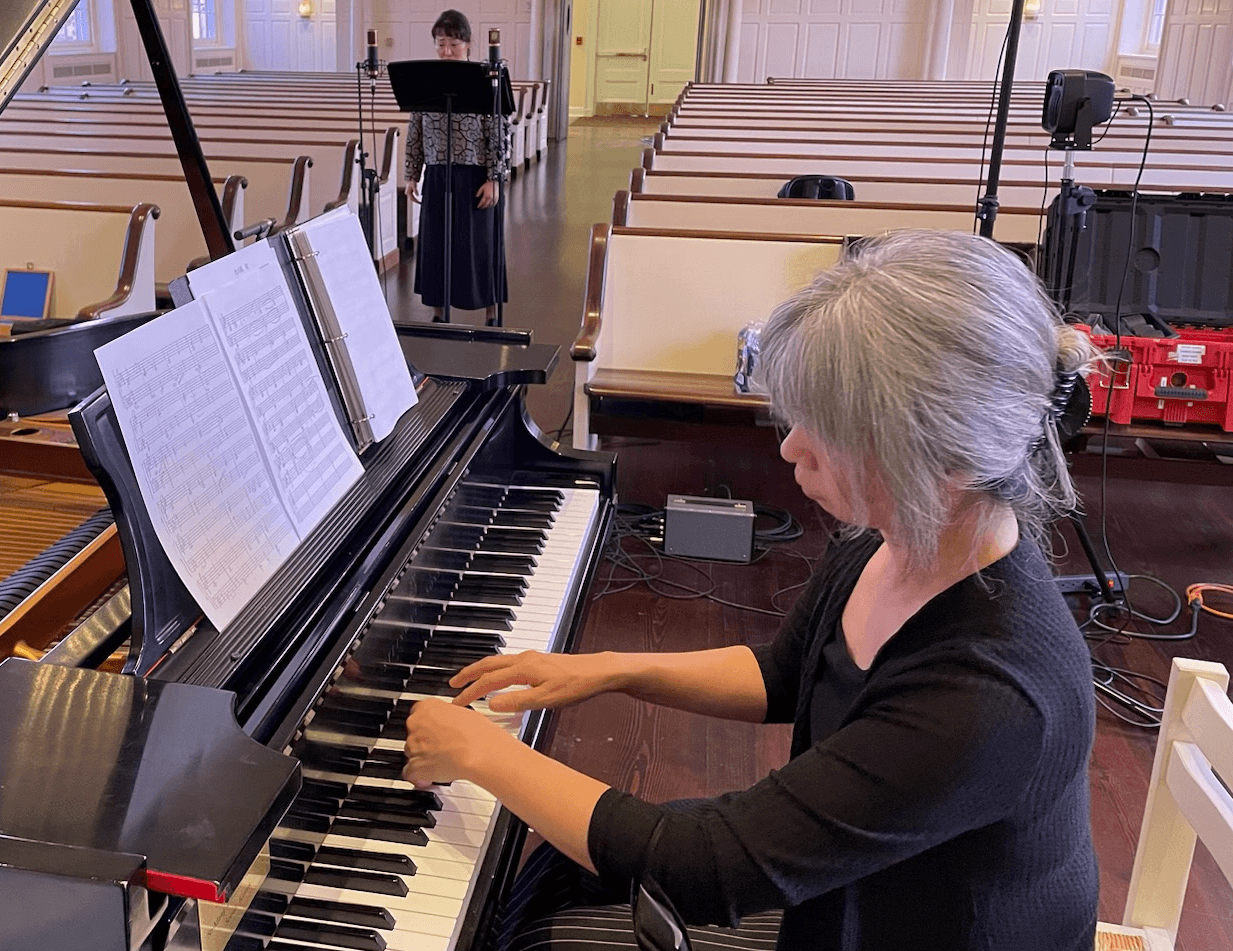We were lucky to catch up with Akiko Hosaki recently and have shared our conversation below.
Hi Akiko, thanks for joining us today. Has your work ever been misunderstood or mischaracterized?
Although the word “collaborative pianist” is getting popular, my work, playing for other people (singers, instrumentalists, choirs, etc.), is still called “accompanist” and many people even don’t know how to pronounce it correctly (uhk-kom-pani-est: wrong).
An “accompanist” implies a “follower,” and it is expected to be the secondly role. However, the accompaniment part of the music is indispensable to complete the art of the music. Therefore, “collaborative pianist” has been used to emphasize the equal partnership between the pianist and other musicians. However, this term is used mostly in the United States and UK, although the concept of “the equal partnership” is more widely recognized in Europe. Sadly it is not a common concept in Asian countries.
When I decided to become a professional accompanist while attending at a music college in Tokyo about 30 years ago, the career consultant at the school laughed at me and said that I would not successfully be a professional. I started looking for a way to study accompanying skills and gain experiences for a few years, and finally I ended up going to Académie internationale d’été de Nice to attend the masterclasses with Dalton Baldwin, legendary American accompanist for singers. Unexpectedly he told me to come to the United States to study with him, and my career path opened up since then. At that time, I was able to take lessons with Japanese professional accompanists, who were more specialized for “Lieder” (German Art Song) and operas. Since Dalton Baldwin was famous for French Vocal Repertoire, everyone assumed I would switch my speciality to Mélodie (French Art Song). Also there was still a strong belief among musicians that we should go to Europe to study Classical music. So I was scorned by my own teachers to come to the US.
Although I originally wished to go to Germany to study, I have no regret to come to the US. In the US, Vocal Accompanying or Collaborative Piano (vocal) majors are expected to learn all the genres of Classical vocal music, including Art Song in different languages (not only Lieder and Mélodie) and opera. Through my study and training, I became a specialist for singing diction in several language and a vocal coach who is familiar with vocal health. I was also able to do Instrumental Collaborative Piano, including chamber music and collaboration with solo instrumentalists. As I had so many opportunities to work with conductors, I also become a well-sought choir accompanist — I think that Choir Accompanying is also a important field of Collaborative Piano, and that the skills needed for choir accompanying should be taught at schools: currently most of choir accompanists are self-trained through their experience.
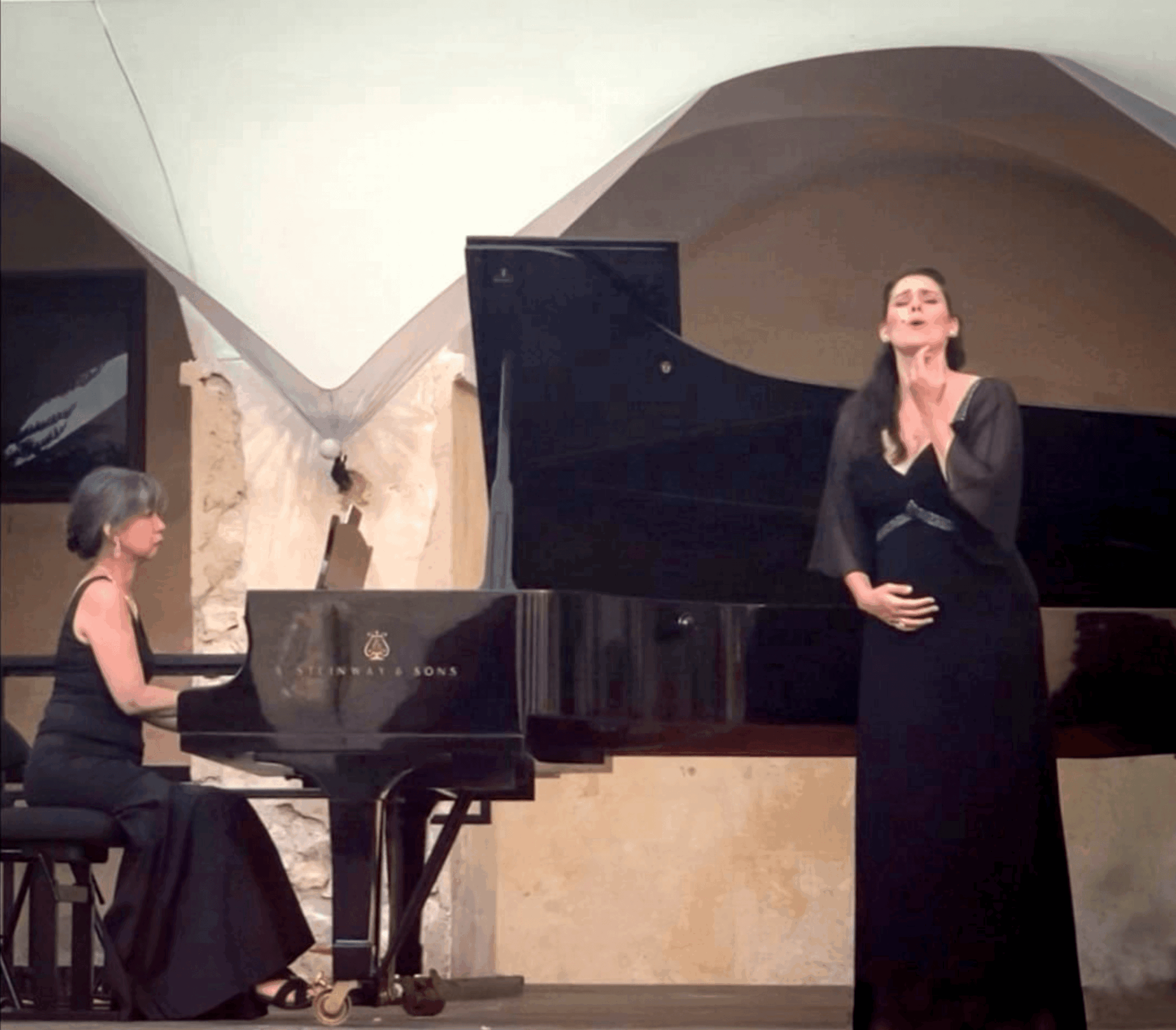
As always, we appreciate you sharing your insights and we’ve got a few more questions for you, but before we get to all of that can you take a minute to introduce yourself and give our readers some of your back background and context?
I am a collaborative pianist and vocal coach. “Collaborative Pianist” is more often called “accompanist,” but has much knowledge of repertoire and is a equal musical partner to other musicians who perform together. In the US, Collaborative Piano majors at universities often have 2 career focuses (vocal or instrumental) and the students need to choose, but luckily I was able to do both at my university (University of MN).
Here are what I am specialized:
• Art Song – Art Song originally is the music composed for a solo singer and piano accompaniment. Currently it became a wider genre including duet, or some vocal chamber, or accompanied by orchestra. I have a quite large repertoire in Lieder, Mélodie, and Art Song in other languages, and knowledge of characteristics and styles of each historical era and composer.
• Opera – Opera coaching includes individual roles and ensemble/scene coaching. I can help singers learn their roles, or work in opera companies to play for staging rehearsals. Since the accompaniment part is a reduction of orchestra, a pianist should be able to make it sound like “orchestra” mimicking the effect of orchestra sound, and sometimes needs to make own reduction. I enjoy making those changes and arrangements by myself, especially when I am playing in a reduced orchestra. Sometimes I am a director and conduct from piano.
• Vocal Coaching – Vocal coaching is to be a ear for the singer and give the feedbacks for them to improve their singing. A vocal coach should have vast knowledge of vocal repertoire and performance tradition, and teaches styles and diction of Art Song and operas. I coach both Art Song and operas.
• Singing Diction – As songs/operas have words, it is important that text is understandable to the audience. Since it involves singing technique, diction is not the same as speaking. Based on International Phonetic Alphabet, I can coach German, French, Spanish, Japanese, Latin, Italian, and Russian.
• Instrumental/Chamber Music – I also enjoy working with instruments for solo or chamber music. For instrumental collaborative piano, a pianist should know how each instrument works and sounds, I am quite familiar with brass repertoire, especially for trombone, but also enjoy any combination of chamber music.
• Choir Accompanying – This is a collaboration with a choir conductor. Not only reading the conductor’s gesture well, a pianist needs to be able to think what the conductor needs always ahead of time. I believe that a pianist should provide own musicality voluntarily, still following the direction of the conductor. Also a pianist needs to have a good sight-reading skill, open score reading skill (read the multiple lines of choral scores at once), as well as arranging skills for orchestra reduction and basso continuo. Basso continuo is the base line with numbers, and a keyboardist needs to improvise the harmony based on the numbers. I enjoy re-making the reduction for orchestra accompaniment, and playing the basso continuo on organ or harpsichord.
As collaborative pianist, I am trained to listen my partners’ sound while I am playing. This requires having a good balance sense and creating piano tone that matches the partner(s).
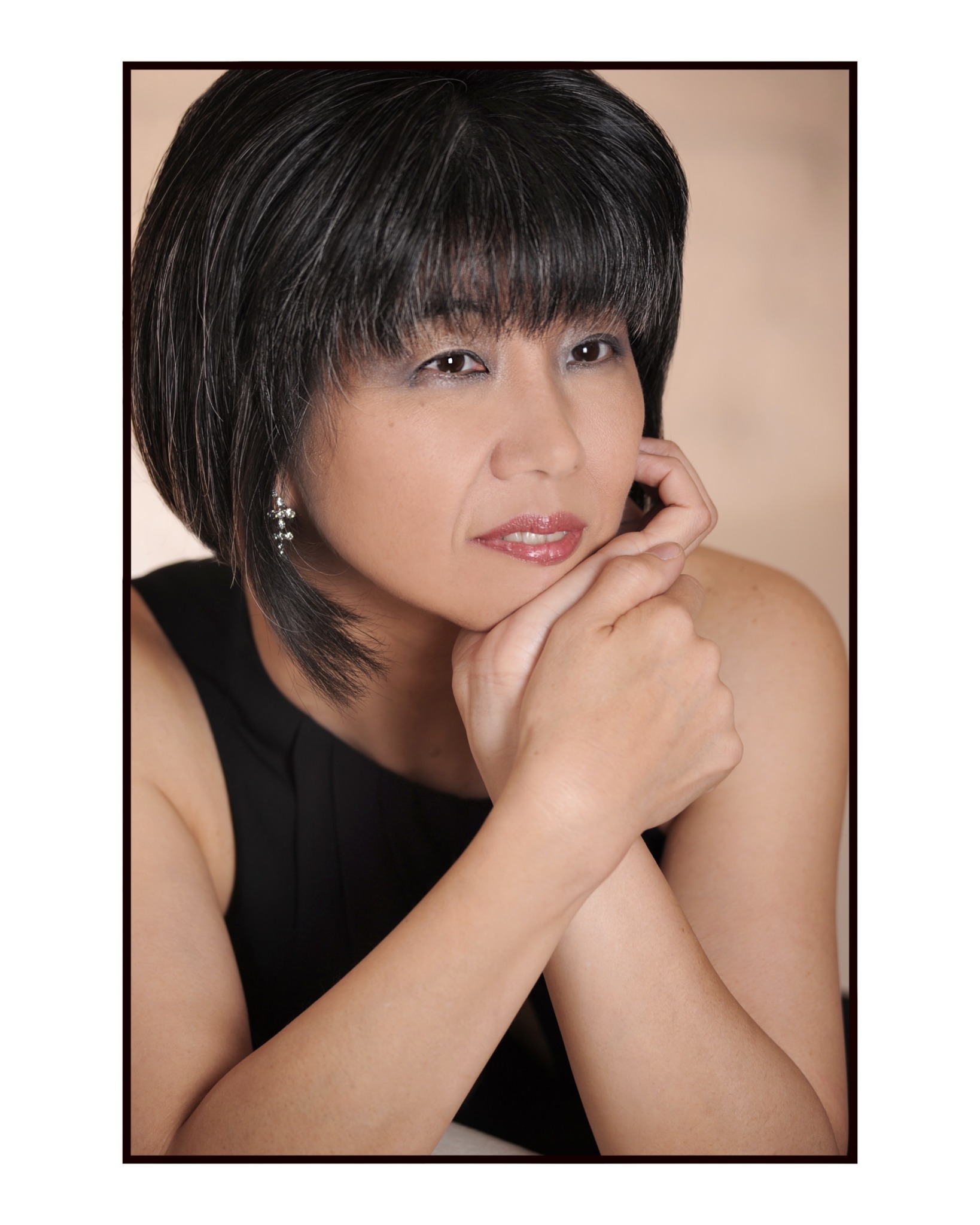
Is there mission driving your creative journey?
My teacher, late Dalton Baldwin, was a giant in Art Song world. I was fortunate to be his assistant for a long time after my study, and watched him very closely. The musicians in his generation knew the composers of 19th and 20th centuries, or learned from the people who knew the composer of those centuries. I feel I have succeeded the tradition and knowledge from that generation, and it is my mission to pass it to the next generation.
As Classical Music is getting more distant to people, I would like to bring back the beauty and authenticity and promote especially Art Song.
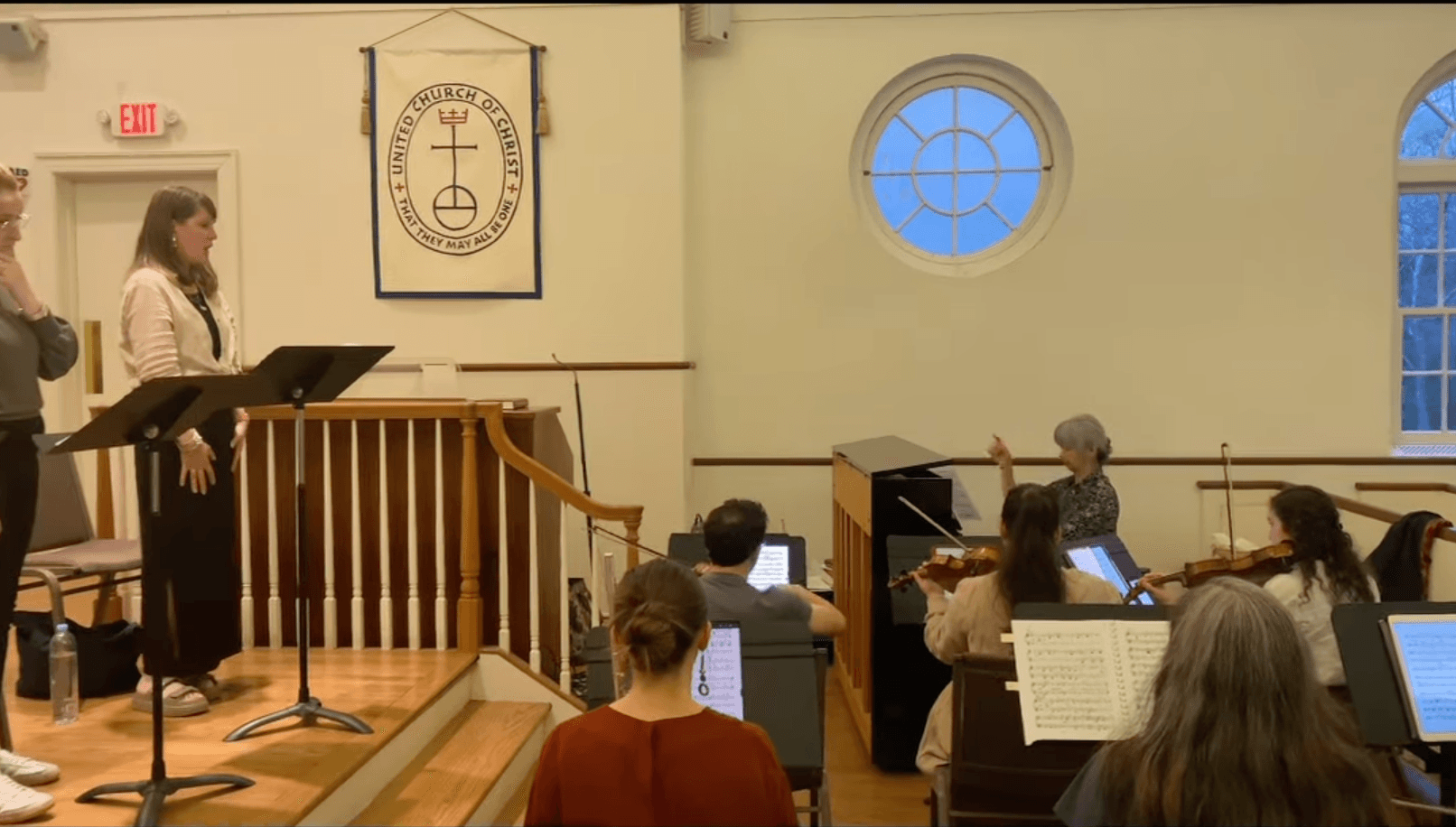
Is there something you think non-creatives will struggle to understand about your journey as a creative?
It is a common opinion that doing music would not make money. I have been involved with academia for a long time, and I often hear that parents would not encourage their children to become a musician.
Music, especially Classical music might not make a lot of money, unless you are a singer on MET stage. Training Classical musicians takes time and money. I wish that people would support and training process so that musicians could focus on their education.
Classical music is often considered “too difficult,” but it is actually the same as musical theater or pop music to express human emotion. The difference is that people need to have some knowledge/information about human history or culture to understand Classical music (e.g., operas or Art Song). So I wish that general education provides world history and literature more so that it would not be too foreign.
Contact Info:
- Facebook: https://www.facebook.com/akiko.hosaki/
- Linkedin: https://www.linkedin.com/in/akiko-hosaki-93b725164
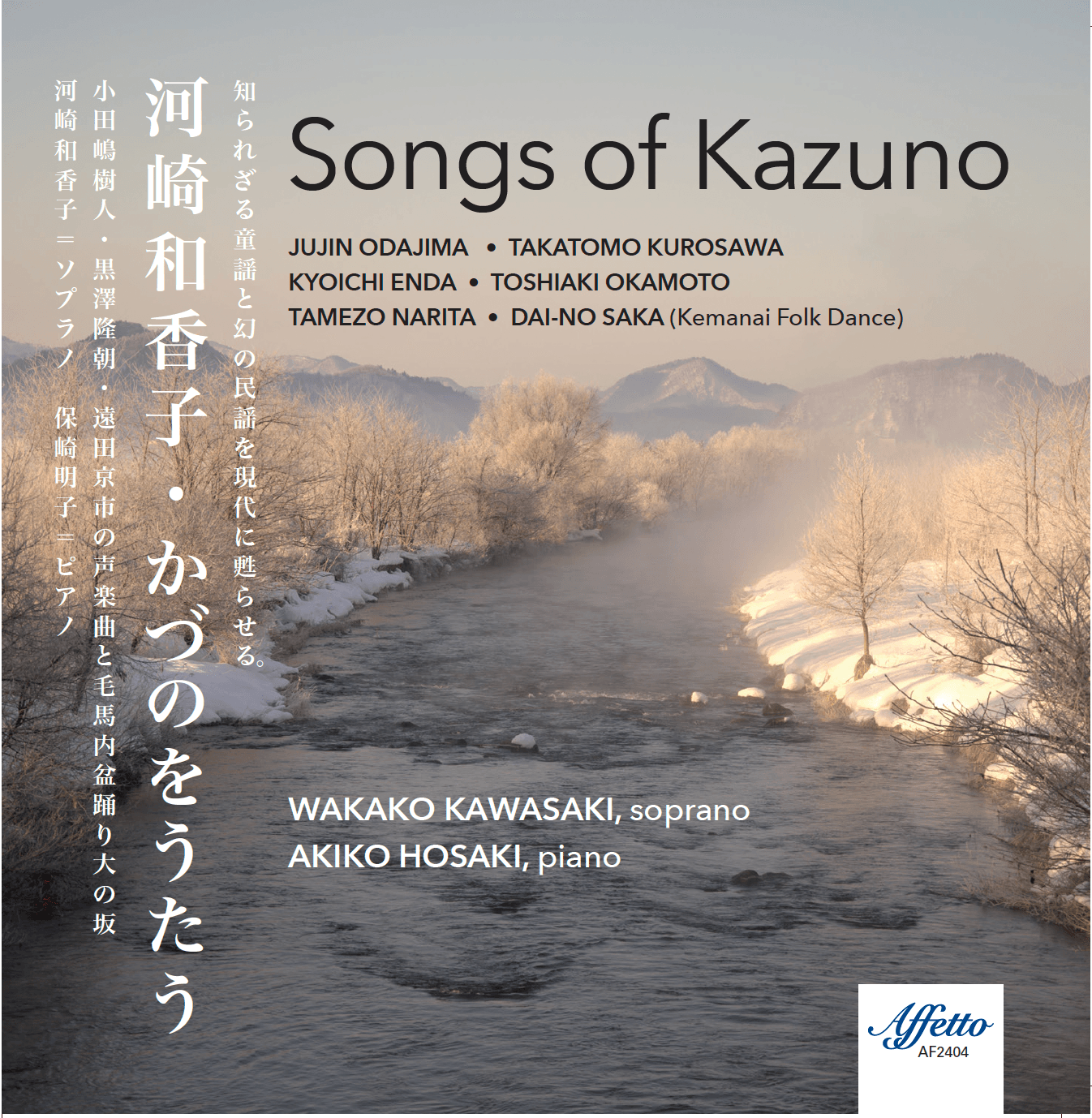
Image Credits
CD Cover is by Jana Dewitt
Photo of the opera rehearsal is by Opera Magnifico


